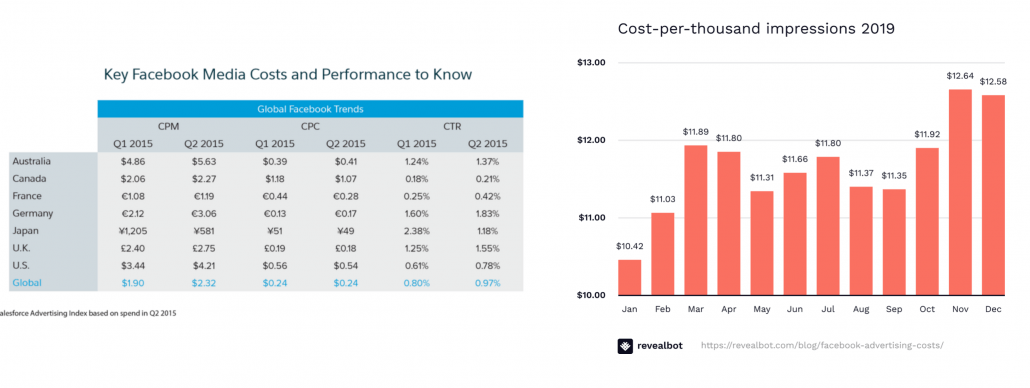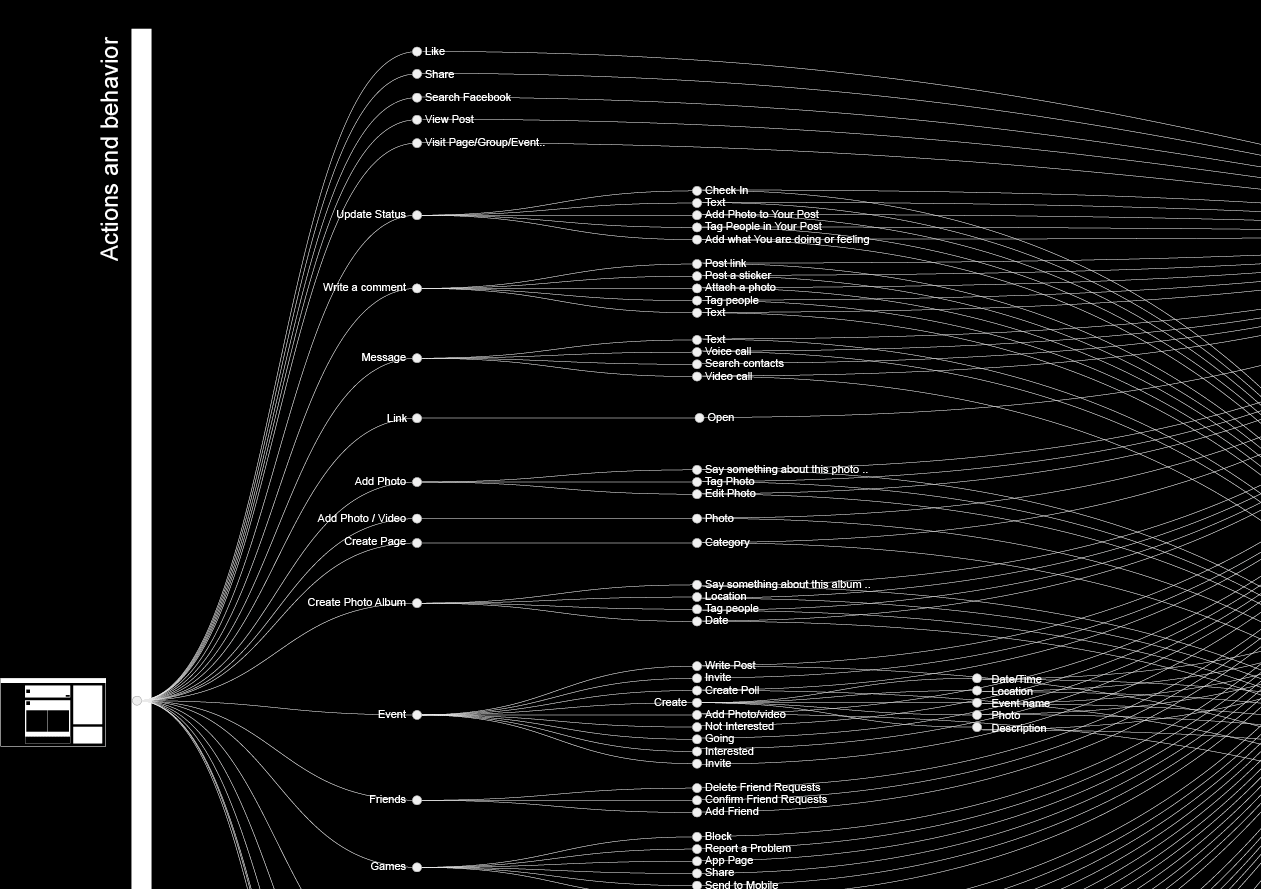Are you ready for the Death of the Pixels?
Recently, we’ve seen both Apple and Facebook making headlines as they exchange accusations related to user data privacy.
The data of all of us who browse the internet has become a hot topic. It's no longer just a matter of advertising and marketing—as shown in the Netflix documentary The Social Dilemma, this issue has taken on a much broader scope. We are living in a time marked by rising cases of anxiety disorders, depression, consumption addictions, political vote manipulation, and increasing polarization of opinions in a society that is becoming more extreme, intolerant, and dissatisfied.
The fact that the rise of connectivity and online habits plays a role in these disorders is becoming increasingly clear, driven by an unprecedented acceleration in data collection and analysis technologies, connected to artificial intelligence algorithms that show users “what they want to see.”
Major tech companies have shifted from claiming “there is no evidence linking the use of our products to these issues” to stating “we are adjusting our algorithms to alert and raise awareness among users about responsible use.”
Companies like Facebook and Google generate the bulk of their revenue from online advertising. Their platforms are the preferred medium for millions of advertisers because they allow us to align our ad campaigns with users’ interests and behaviors. This enables them to use real-time auction systems to drive up the cost per thousand impressions year after year.

Facebook Ads has gone from charging $4 per thousand impressions in the United States to $13 in 2019, and it has achieved this by “lending” us its capabilities in both targeting and ad optimization—powered by thousands of user data points.

In order to provide advertisers with this level of targeting capability, Facebook and Google must be able to track all of our online activity—the websites we visit, the purchase buttons we click, the time we spend reading an article on a specific topic.
To do this efficiently, they’ve developed their own free applications: the Facebook app, Instagram, WhatsApp, and the Google Chrome browser.
These apps, along with their respective advertising platforms, are what sustain the advertising revenue ecosystem through which these tech giants dominate the digital world.
At the same time, their ad platforms—Facebook Ads and Google Ads—are self-service, intuitive, and easy to use, enabling millions of businesses to take off and maintain their customer base and sales growth for their products and services.
But this entire ecosystem is fragile and, as I mentioned earlier, depends not only on the collection of personal data, but also on being able to track users across all the websites they visit.
Amid the social debate about the harmful effects caused by technologies developed by Facebook and Google often labeled as “attention-extracting” businesses due to their impact on users Apple has strategically decided to side with users, taking a step that could change the course of everything we currently know as online marketing.
With the release of iOS 14, Apple introduced several privacy features that alert users when apps want access not only to their data but also to attempt to track their online activity across third-party websites.

As expected, most users will select the option “Do not allow Facebook (or any other app) to track my activity across other websites.”
From that moment on, the Facebook app will no longer have permission on that device to track the user's actions, thereby increasing their privacy while at the same time preventing advertisers from knowing whether their ads have generated results or not.
The mechanism that Facebook Ads has used up until now to track the actions a user takes on a website is the well-known Facebook Pixel. This pixel is a piece of JavaScript code that website or online store owners install to communicate every user action back to the Facebook Ads platform. This allows Facebook to optimize ad campaigns, delivering significantly better results for every dollar spent, while also increasing the value of its own advertising inventory.
What are the symptoms that this process is affecting you?
Since February 2021, my team and I have observed a 25–30% drop in conversions for some campaigns. While Apple device users are a minority in the sectors and markets we work in, they typically have higher purchasing power and greater consumer spending.
The actual sales we've generated shown in payment gateways and CRMs do not match the sales reported in the Facebook Ads dashboard. Because this sales data is no longer reaching the platform, the algorithm has fewer data points to optimize campaigns, resulting in less efficient ad spending.
The Short- and Long-Term Consequences
For advertisers, those working with thin profit margins in their ad campaigns will see those margins disappear potentially turning long-profitable campaigns into losses. Facebook Ads will lose the self-optimizing power it once had and will now require a much more professional and thorough approach to marketing, tracking, and optimization in order to regain profitability.
For marketers, professionals who have spent the last five years relying on the automated features of platforms like Facebook and Google Ads will find it much more difficult to launch and sustain profitable campaigns for their clients. Core marketing skills such as copywriting techniques, attention psychology, constant landing page and checkout optimization, and testing will once again become indispensable—as they were before 2015. Many agencies will shut down, unable to adapt or having never learned to operate without the help of a smart algorithm.
For Facebook and Google, the latter has never relied as heavily on its algorithm. Since Google and its platform YouTube operate as search engines, they can capture user intent with less dependence on exhaustive tracking—unlike Facebook. Facebook faces a darker future with these changes; its entire advertising platform heavily depends on “extracting attention” from its users, and Apple’s move is intensifying the social pressure to stop these kinds of practices.
In the past, Facebook has artificially manipulated the “floor” of auction prices for its ad inventory—the CPMs—but advertisers continued to pay up to five times more because Facebook’s algorithm kept getting smarter and helped them sell with ease. This will no longer be the case, and my view is that Facebook’s advertising revenue will take a significant hit, adding to the issues they’re already facing from government pressure and cyberattacks from Eastern European countries and China.
Is there anything I can do to avoid the negative impact on my business?
Yes! Marketers have always adapted to changes in the market we’ve launched successful campaigns long before the Facebook Pixel even existed. And especially in the affiliate marketing world, we’ve always had tools that allow us to maximize our campaign results without relying on algorithms.
There are several actions you can take—both preventive and corrective for what is already happening. But first, you need to understand the details of what’s going to unfold in the coming months as Facebook Ads marks the end of the pixel as we know it.
You must learn to use tools that will allow you to continue reporting the necessary data so your campaigns can perform, enabling you to make informed decisions, optimize, and scale effectively.
I’ve created a course with the purpose of sharing the details of what lies ahead in this new era of marketing and privacy, as well as teaching you how to use these tools to gain a competitive advantage one that very few businesses currently have.
In this course, I will teach you:
What exactly is happening on advertising platforms and why it will be devastating for marketers who don’t adapt
What your business must do to overcome the death of the pixels
The exact actions you need to take to protect your business’s campaigns
A long-term action plan to gain a strategic advantage over your competition
Todor Blajev Copyright © 2025. All rights reserved.



